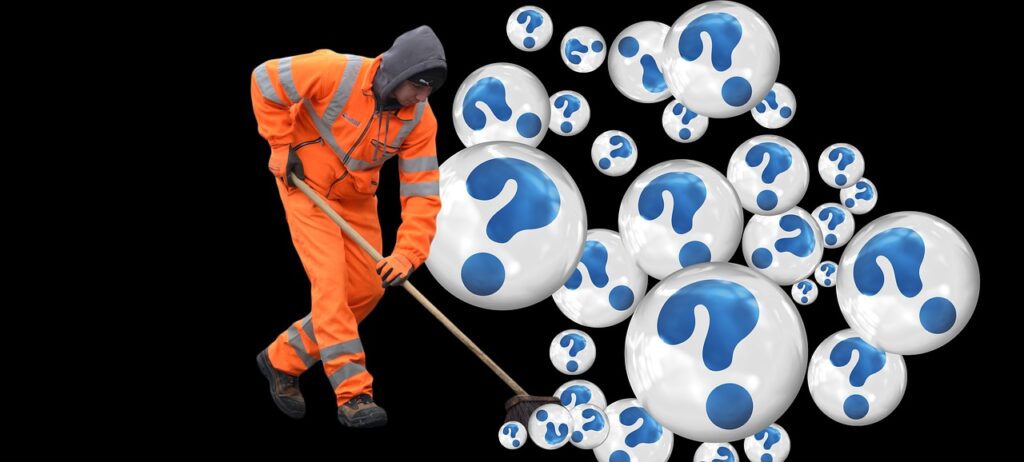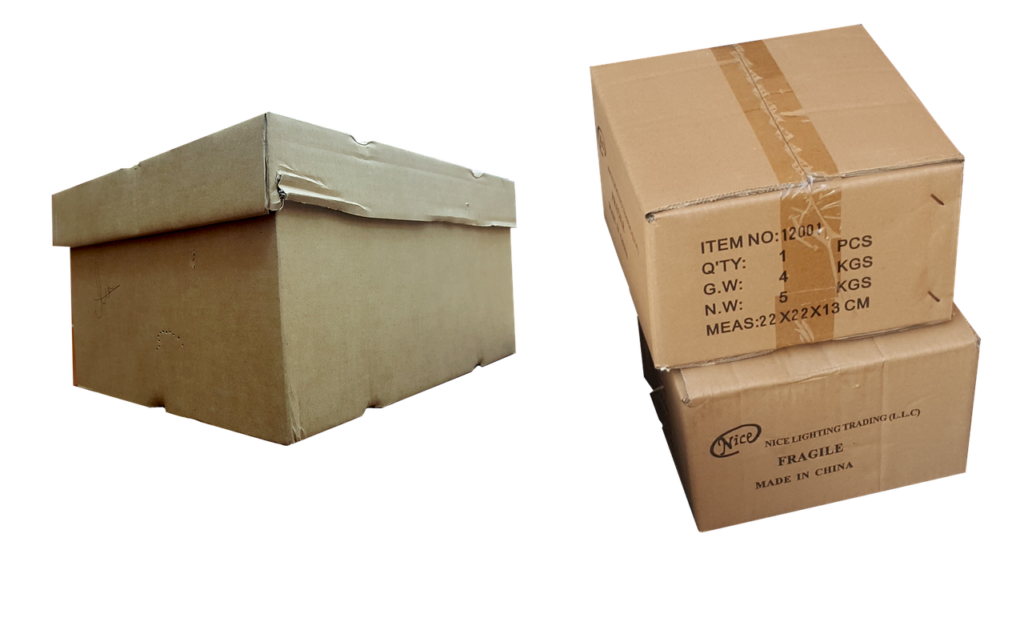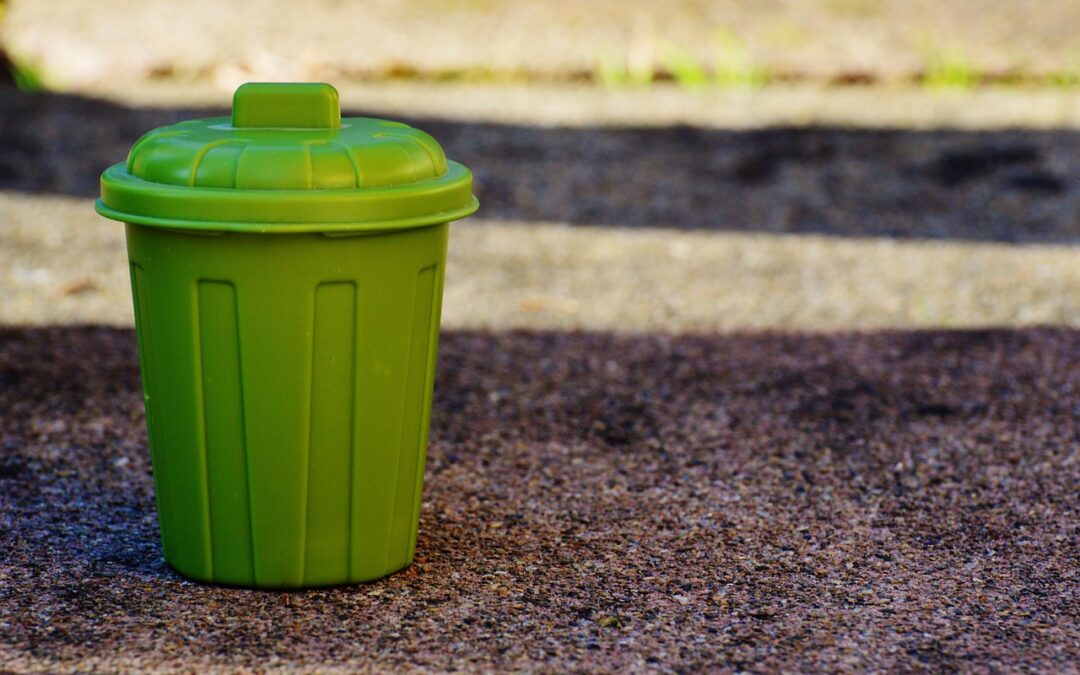Nature doesn’t produce garbage. All debris, droppings, and even dust and river silt are subject to cyclical changes known as the circulation of matter. Only man produces waste that nature cannot process or takes an extremely long time to process, so waste management is a must.
Generation Of Municipal Waste
Garbage surrounds us everywhere. They are thrown out of cars and trains and accumulate along the roads. Waste, including used furniture, electronic equipment, tires and debris, is deliberately taken to forests, roadsides, and thrown into ponds and lakes. In cities, the sidewalks are covered with used chewing gum, candy wrappers, bottles, papers, cigarette butts. Garbage disfigures the environment, is a source of environmental contamination. And some, such as plastic bags or chewing gum, are a lethal threat to animals.

In affluent countries, more rubbish is generated than in poor countries. Where things are used for a long time, repaired when necessary, or taken apart to reuse their components. A feature of developed societies is excessive consumption: buying disposable items, unnecessary goods, and quickly replacing the possessed items with others – newer and more fashionable – even though the old ones perform their basic function well. Another reason for a large amount of rubbish is the multiplicity of packaging. And other causes include ineffective segregation, processing and waste management.
Problem – packaging
Almost everything we make and buy is packaged. Packaging becomes unnecessary soon after purchasing the product. However, manufacturers are outdoing each other in the production of large-surface packaging. On which they can display information about their content and encourage purchase. Often, one product has several packages, usually, all but the first are redundant. Cosmetics are often packed in this way. For example, perfumes or creams are usually enclosed in a glass container packed in a large cardboard box wrapped in foil.
And the seller adds a small bag with the logo of the store or manufacturer. Packaging brings profits to producers because they fulfil advertising functions. Consumers pay for them and bear the costs of their disposal. Keep in mind that the choices made by shoppers in stores are a form of voting: if we choose energy-intensive and environmentally unfriendly products, we accept them. Therefore, it should be expected that even more will appear on the market.
Plastic Waste
Often, for convenience, we buy drinks in non-returnable bottles, which we throw away after one use. The plastic from which they are made, however, is a particularly troublesome waste. Because in nature it decomposes several hundred years (and maybe even longer. Which we do not know due to the relatively short presence of plastics in our lives), and the products of its decomposition. E.g. various toxic compounds penetrate into soil and waters.

Plastic waste is also burned in domestic stoves, which releases many poisonous substances into the atmosphere, such as chlorine, heavy metals, and dioxins. Many of these exhaust gases cause sensitization and irritation to the respiratory tract.
Some manufacturers produce packaging that breaks down quickly in nature, i.e. biodegradable. These include, for example, paper. When shopping, you need to pay attention to the labelling of the packaging to indicate whether it is reusable, recyclable or biodegradable.
With our free and fast dumpster quotes, renting a dumpster locally is simple. Give us a call today for a free, no-obligation estimate on your next local dumpster rental.

